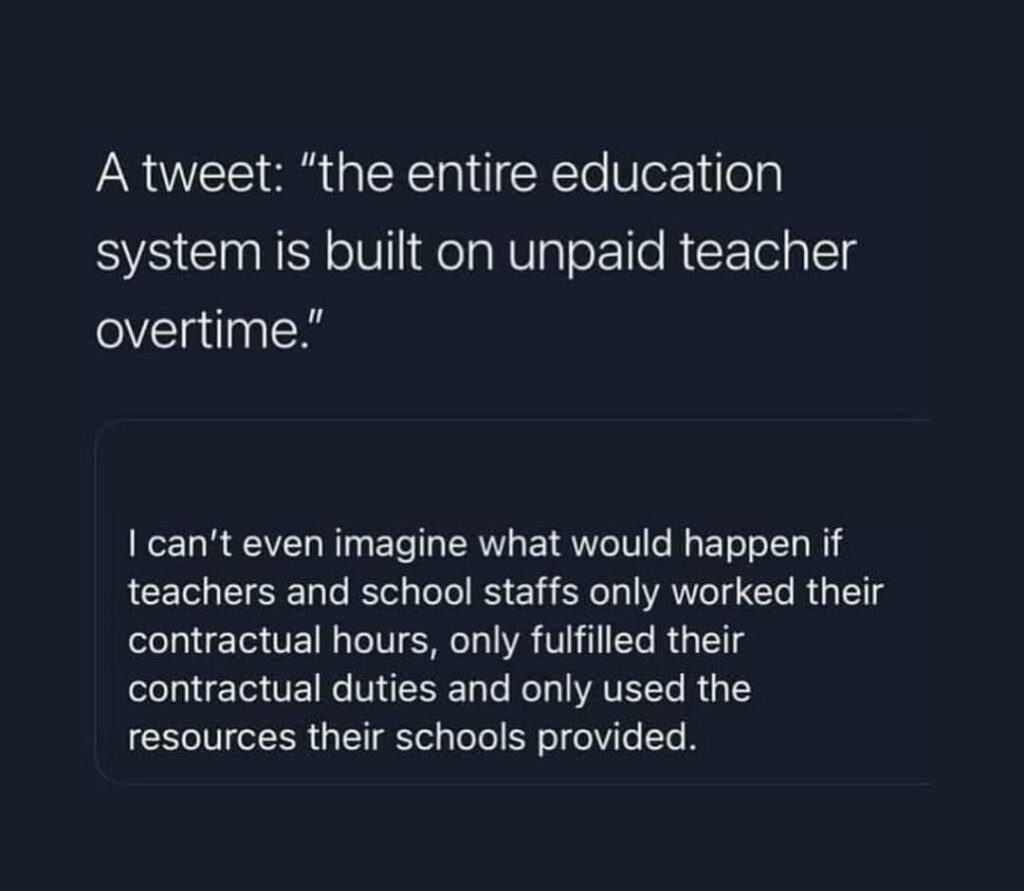
I came across this Tweet today on Facebook, and I can say from experience that this is true. As a public school teacher for nine years, I witnessed this firsthand.
Before we start, here’s my credentials: I taught 6th Grade Resource and Inclusion Math for one year. I taught Special Education Reading and Writing for an Emotionally Disturbed Unit, 7th and 8th grade, for one year. Afterward, that school closed due to poor performance. Afterward, I switched to 7th Grade English Language Arts for three years. I moved up with one amazing group of students to teach 8th Grade English Language Arts for four years, adding ESL and Gifted and Talented certificates along the way.
Then, after one really, truly terrible year in which I had to have students arrested out of my classroom for carrying knives and making threats to other students, and to me, and after two separate student assaults, I decided to take my hard-earned certificates to somewhere else. I applied for and received a job with the English Program In Korea (EPIK). My son and I ran away from home, where I taught English as a Second Language in Seoul.
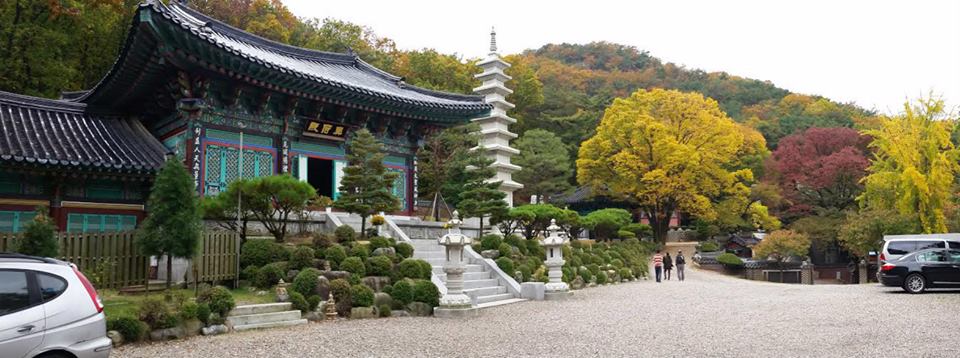
In the above Tweet, the commenter says, “I can’t even imagine what would happen if teachers and school staffs only worked their contractual hours, etc…”
Well, I can. In Korea, I taught nearly 500 students. Never once did I have to ask one of them to bring a pencil. Not once. These children, Grades 2 – 6, came to school well-dressed, well-fed, and fully supplied with cute cartoon-animal pencil cases.
Back in the States, I took out $500 personal loans at the beginning of each school year specifically to buy supplies for my students: Pens, pencils, highlighters, notebooks. If I didn’t, they wouldn’t have them. And I needed them to have them. I was teaching them how to write, after all.
In Korea, I never once took a paper or project home with me to grade. My school hours were 8 a.m. to 4 p.m. I taught every day from 9 – 1. While I prepped the classroom every morning in that first hour, my students were in the school, cleaning. Each grade had a different responsibility, from hallways, playgrounds, classrooms, and restrooms.
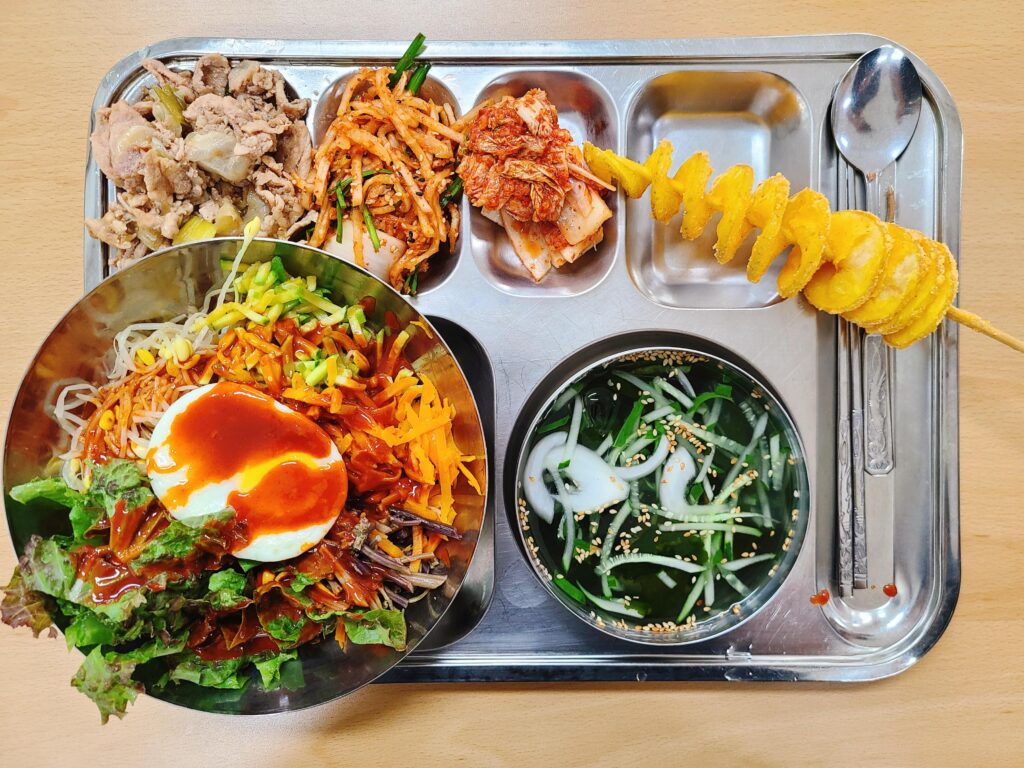
At noon, we all had lunch where they fed us REAL food. Every single day. Delicious, healthy food with fruit, veggies (some grown in the garden on our roof), and meat. My co-teachers and I ate together. They taught me Korean. We gossiped. We bonded. It was brilliant.
After lunch, we planned our lessons. Since we co-taught English, it was essential that we worked together. I learned so much about what it meant to REALLY teach, and how having two teachers in a classroom working together without being overly worried about discipline issues or getting shot to death could be something truly awe-inspiring.
What I’m saying may seem idyllic, and I know that my teaching experience in Korea was not something shared with everyone in my ESL cohort. Other schools had different cultures; mine just happened to be truly lovely. A best-case scenario for sure.
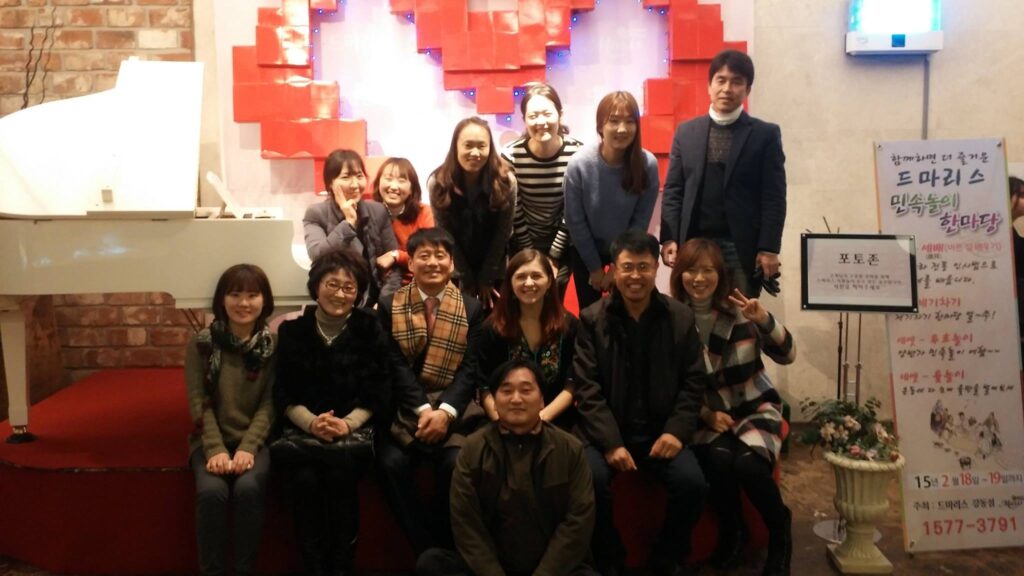
Here is what I do know. Teachers in Texas love their students every bit as much as teachers in Gildong, South Korea. We go into the field with the hope that we can make the lives of our students better than the previous generation’s. We all want to give our kids the tools to make an amazing life for themselves.
I also know that when my contract ended, our family asked us to come home. My Grandmother was sick; in fact, she passed 28 ours after we arrived back in San Marcos and said our goodbyes).
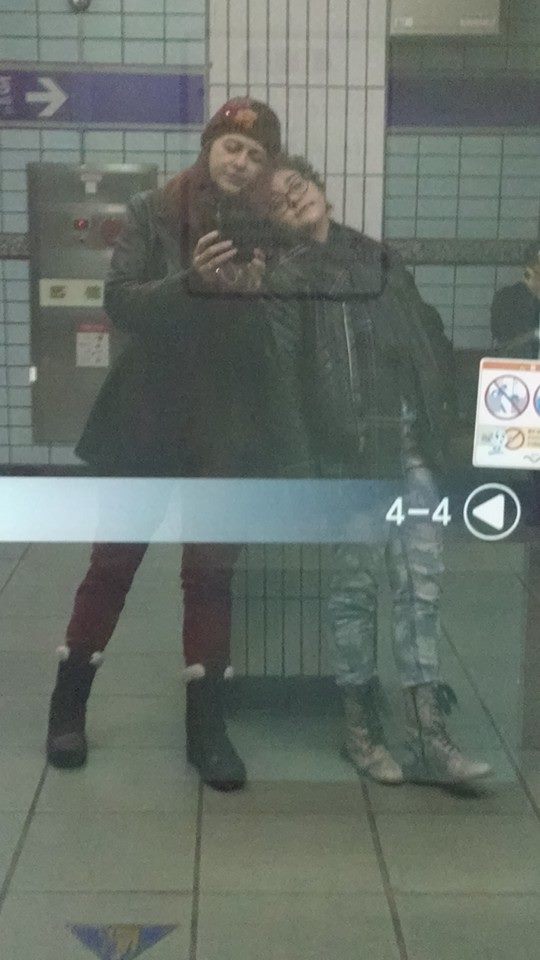
We grieved and worked to settle back into our lives, but even though my certificates were still valid, I couldn’t bring myself to apply for teaching jobs. I let my credentials lapse, and I never stepped into another classroom again.
The thing is, I was good at my job. The year before I left Austin ISD, I was Teacher of the Year. I LOVE my students. To this day, I take joy in seeing them on social media, becoming the people they dreamed they might be when they were young. I loved the work, too. Bringing compassion through literature, understanding through the written word… that meant something. It was powerful.
Yet when we came home from Seoul, I couldn’t bear the thought of a work week so grueling I couldn’t spend quality time with my son until the summer. How could I forget grading essays for 36+ hours during weekends? How could I forget the kids who didn’t have enough to eat in a system that would punish us if we fed them outside of breakfast and lunch hours?
And the nonstop, grueling, daily grind of pushing these kids into a system increasingly bereft of meaning as we prepare them not to be better students, but to be test-taking automatons incapable of critical thought?
That’s the true unpaid teacher overtime, right there. The real reason I quit teaching. After all the gnawing worry, the blood and tears, I realized… I was part of a bankrupt system. Here in the States, teachers restrict students. We confine them. We imprison them. We keep them off the streets.
One year of teaching in Korea showed me that here in the US, we don’t even get the chance to really teach.